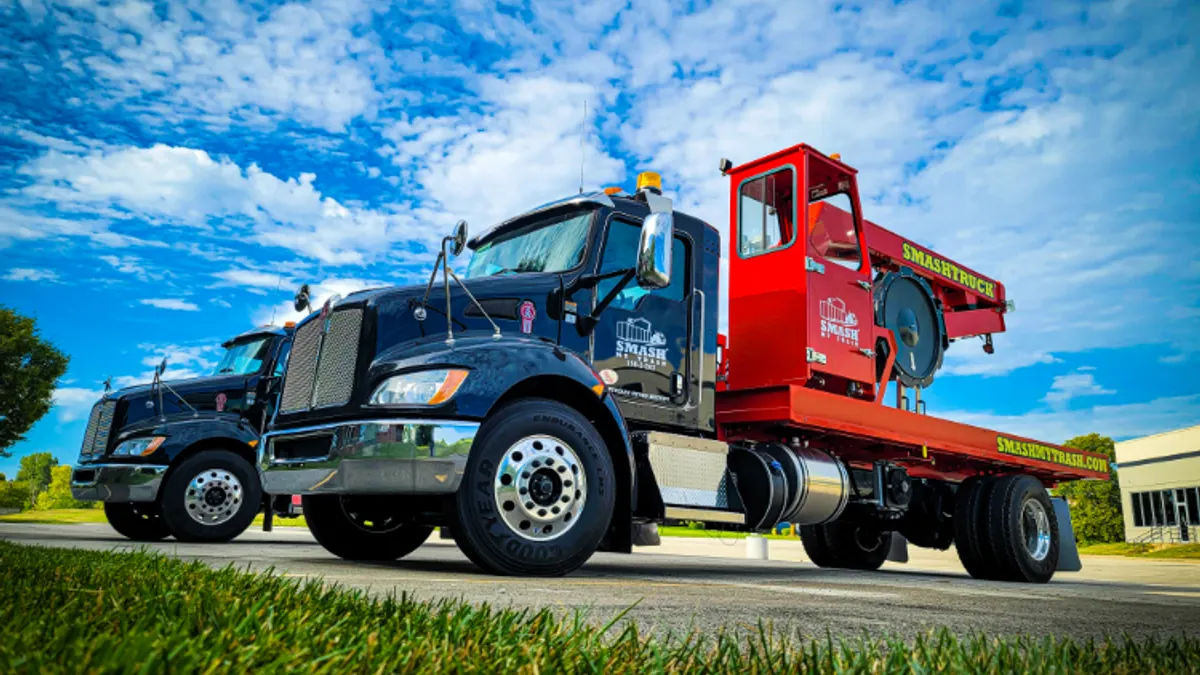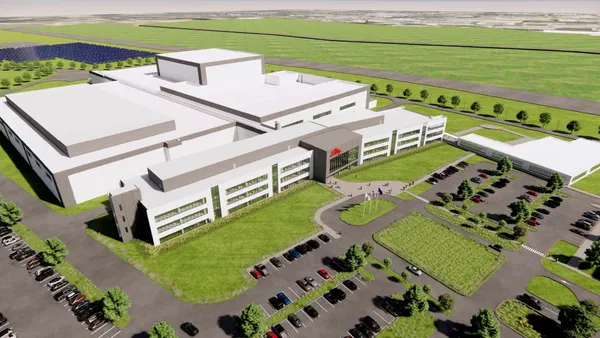Operations teams are often the lifeblood of manufacturing, distribution, logistics and freight. Supply chain delays can quickly lead to inventory mismanagement, late or undelivered packages, and production disruptions. The consequences? Lost sales, added costs, dissatisfied customers and a damaged reputation that may tip the balance of profits downward.
Let’s take a look at three of the major causes of operational delays in the supply chain world, along with tips for improving day-to-day workload.
1. Outdated Technology
One of the most glaring issues facing businesses today ties back to outdated technology and the inefficient tools these technologies still provide. Tasks like manual inventory tracking can bottleneck an operation with human error or cause long-term delays.
Modern resources include everything from AI to IoT, automating and streamlining even the most complicated warehousing responsibilities. Backed by a professional and highly trained team of humans, these new technologies help with collaboration and overall efficiency.
2. Economic Volatility
Between inflation, logistics and energy costs, and ever-changing consumer demands, instability can quickly and dramatically slow down operations, especially when involving production and inventory management.
Some steps smart businesses can take are to consider pricing models. Dynamic pricing models, especially in uncertain economic periods, can provide more supply chain flexibility versus static pricing. Regularly review your team’s transportation methods and explore alternative transport and shipping methods, even on a temporary basis. And, ultimately, ensure your supplier relationships are robust and sustainable. A commitment to strong and honest communications can help weather even the most challenging economic climate, while also bolstering trust and reputation.
3. Complicated Waste
An often overlooked area of operations is the waste stream. Waste also happens to be a surprisingly common contributor to supply chain delays and added costs.
Traditionally, most waste vendors focus more on the trash than on customer support. Combined with a general misconception that companies have no control over their own waste, this critical component of any operation can be confusing, complicated and costly when it doesn’t have to be.
Most commercial waste is a combination of general mixed-use trash, discarded shipping and packaging materials, damaged goods and obsolete and expired inventory. These items quickly rob open-top, roll-off style dumpsters of space before the dumpsters are actually at capacity. In essence, many supply chain managers are overpaying for excessive and unnecessary hauls of dumpsters largely “filled” with air.
The solution to this unseen problem can be addressed in multiple ways. Conducting regular waste audits identifies common waste sources. Simply redistributing dumpsters to more appropriate areas of a facility can address strains on waste generation. Additionally, mobile waste compaction improves efficiency by quickly and safely compacting materials inside the dumpster, freeing up valuable space, extending dumpster use-time and dramatically reducing hauls and associated costs.
Improve Supply Chain Operations With Smash My Trash
Smash My Trash offers a unique purpose-built solution to improve open-top dumpster efficiency while keeping operations running smoothly. Nearly 15,000 companies nationwide rely on Smash My Trash every day. From on-demand smashes to regular routed service and even custom project work, warehouse supervisors and operational staff rest easy knowing Smash My Trash has made their jobs easier, waste streams more efficient and limited the downtime between hauls.










